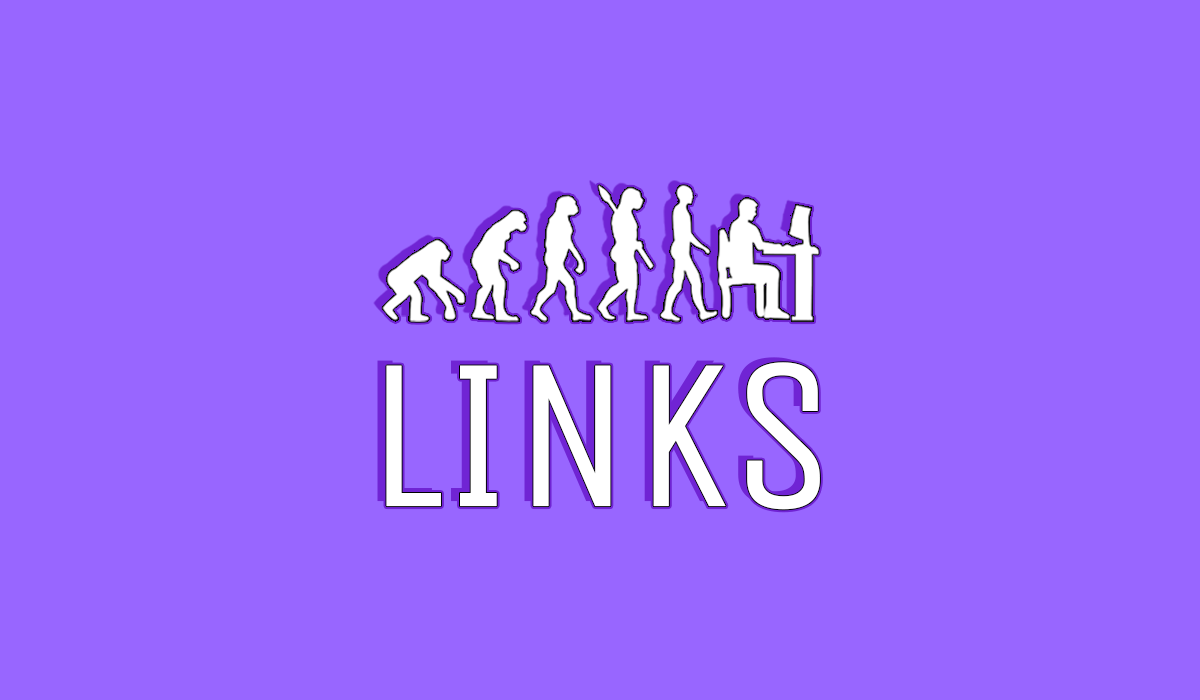LINKS - May 11th, 2022
Welcome to LINKS — my attempt to provide Rhapsody readers with five interesting stories that tell us something about what it means to be human. LINKS is published every Wednesday. Have a link you want to share? Drop it in the comments.
The Surprising Mental Health Benefits of Video Games
By Darren Incorvaia, Discover Magazine
“Not only is playing video games not inherently bad for you, but there are many mental health benefits that can come from gaming. “The vast majority of the research around video games is on the negative impact,” says Isabela Granic, a psychologist at McMaster University in Canada and director of the Games for Emotional and Mental Health Lab. “After a couple of meta-analyses, it’s pretty clear that there is no causation [between video games and real-world violence].” In fact, research by Granic and others has instead found consistent evidence for cognitive, motivational, emotional and social benefits.”
Running Faster Means Overriding Your Body’s Natural Tendency to Conserve Calories
By Aylin Woodward, The Wall Street Journal
“When people set out to run several miles, you might assume they would run more slowly than if they were planning on running only a mile or so. But a new study upends long-held beliefs about running by suggesting that runners default to a natural pace that burns the fewest calories regardless of the distance they cover.”
The POWER of Workers Who Fight For Better Jobs
By Maximillian Alvarez, Breaking Points
“Krystal and Saagar have Max Alvarez talk about workers quitting in the workplace and how the mindset is changing to one where workers stay in their job to make it better instead of leaving.”
Haiti: Black Utopia
By Darlène Dubuisson, Society for Cultural Anthropology
“Utopian thought and imagination—based upon the pillars of liberation, justice, and freedom—have been central to Black existence in the Americas (Zamalin 2019, 7; see also Kelley 2002). While the sum total of Black diasporic experiences may seem nothing short of dystopian, “a utopian kernel was . . . lodged at the beginning of the Black experience. The subjection of slaves created a transcendent culture in which spirituals embodied the prophetic faith in reaching the promised land of freedom,” or a place of Black belonging, free from white supremacy (Zamalin 2019, 7). This promised land was often a spiritual, rather than a physical, destination. In Saint-Domingue, the counterpart of Black American spirituals—the songs of the Vodou religion—not only allowed people to imagine the promised land but also gave instructions on how to create it on earth.”
The Kaw people are choosing a site for a sacred boulder returned to the tribe
By Frank Morris, NPR
“And after almost a century, the Kaw tribe is reclaiming the rock that, for generation after generation, its people held as a sacred altar.
“That 20-plus ton quartzite boulder is now bound for tribal land with the hope that it can strengthen the frayed bond between the Kaw, or Kanza, people and the state that took their land and their sacred stone — even their name.”




